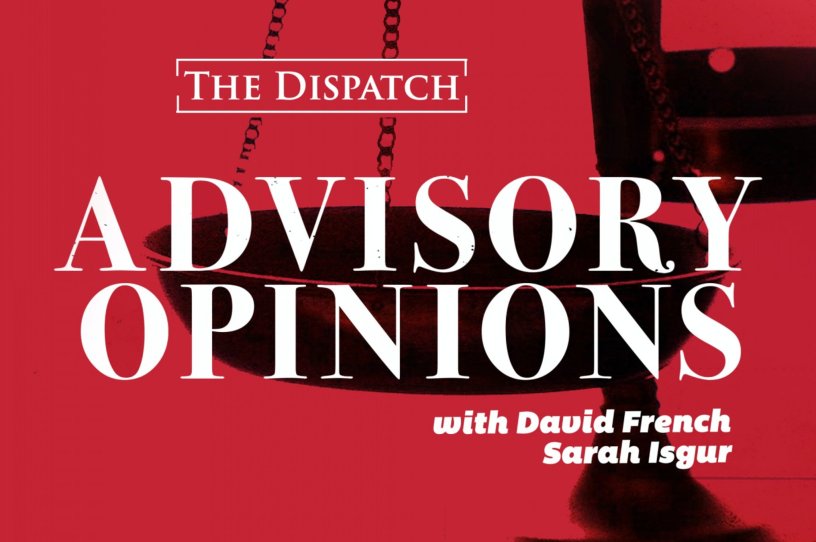Camping Outside the Supreme Court

Today’s episode is the jackpot for Supreme Court bingo players, as our hosts play a guessing game as to which justices will write some of the court’s most anticipated forthcoming opinions. Also on today’s episode, David and Sarah chat about two cases involving racial classification in the dispensation of government relief to “socially disadvantaged” farmers and ranchers, and debate which Supreme Court cases AP U.S. history students should be required to commit to memory. Plus, Sarah shares a fun story about her experience camping outside of the Supreme Court building to hear oral arguments for D.C. v. Heller.
Show Notes: